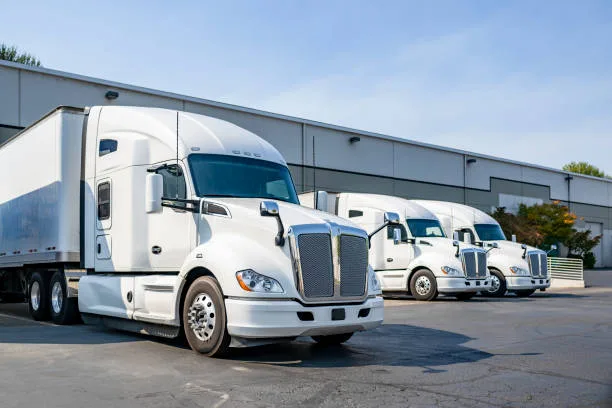
In the complex world of logistics and transportation, freight brokers play a critical and often misunderstood role. These essential middlemen act as the liaison between shippers who need to transport good and carriers that offer the transportation service. However, with their position in the supply chain, freight brokers are subject to a variety of regulations that help to ensure accountability and reliability in the logistics industry.
Foremost in the list of a freight broker’s responsibilities is compliance with federal laws and regulations promulgated by the Federal Motor Carrier Safety Administration (FMCSA). A broker must first obtain a license, which is only issued by the FMCSA after the broker demonstrates their knowledge of the industry, including applicable regulations, and posts a surety bond or trust fund agreement of $75,000, which ensures a measure of protection for carriers and shippers in the transactions the broker facilitates. Upon securing a license, freight brokers must maintain detailed records for each transaction they broker. These records include information such as the names and addresses of the principal parties, the broker’s compensation, and the bill of lading, which must be kept for a minimum of three years. This regulation seeks to preserve transparency in brokerage transactions and provides a trail of evidence in case disputes that arise from the movement of freight, which is hauled by commercial vehicles.
Freight brokers also have a key duty to verify the authority and safety fitness of the carriers they work with. This means confirms that carriers are properly licensed to haul the cargo in question, have adequate insurance coverage, and meet the federally mandated safety standards. This ensures that the shippers’ goods are in safe hands while also mitigating potential liability issues that could arise from collisions or cargo damage. Typically, this means that the broker must engage in some effort to verify the safety and quality of the carrier. Though the broker is not required to conduct an extensive background investigation or train the carrier’s drivers, the broker is nevertheless required to undertake rigors to examine the carrier it selects for fitness. It is the broker’s responsibility alone to pair an order with a carrier, which makes a broker’s responsibility crucial to the safety of public roads.
If you or someone you know has been injured or killed in an accident with a commercial vehicle or 18-wheeler, it is imperative that you hire an experienced lawyer in commercial vehicle accidents so that all potential parties may be investigated. At times, a broker may bear some share of liability for its negligent or wholesale failure to conduct minimal safety verification for the carrier it selects. For a free consultation, please contact the law firm of Abraham, Watkins, Nichols, Agosto, Aziz & Stogner by calling 713-222-7211 or 1-800-870-9584.
